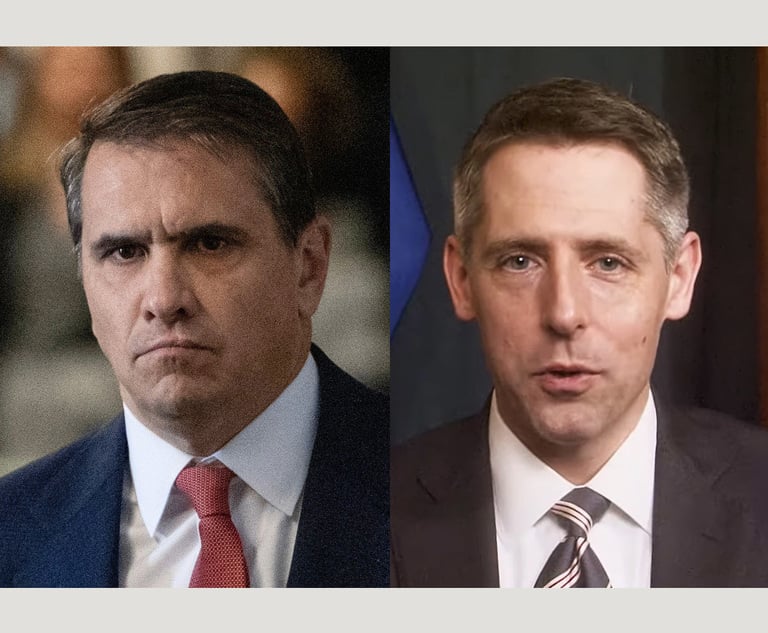As courts and litigants continue to grapple with the extraterritorial reach of U.S. criminal statutes, two recent Second Circuit appeals—one decided, one argued pending decision—highlight potential limitations the U.S. Department of Justice faces when prosecuting non-resident foreign actors involved in alleged bribery. In the first case, the Second Circuit affirmed the dismissal of a Foreign Corrupt Practices Action (FCPA) charge against a non-resident foreign defendant that relied on conspiracy and aiding and abetting theories. In the second, the court is asked to hold that the “official act” standard of McDonnell v. United States, 136 S. Ct. 2355, 2372 (2016) applies to certain foreign bribery statutes when they serve as a predicate for U.S. prosecution. Both cases concern U.S. prosecutors’ reach over extraterritorial persons and conduct in international corruption investigations and prosecutions.
‘Hoskins’
Last August, in a rare FCPA decision, the Second Circuit limited the Department of Justice’s efforts to reach conduct by non-resident foreign nationals who are not explicitly covered by the statute. United States v. Hoskins, 902 F.3d 69 (2d Cir. 2018). Lawrence Hoskins, a British national employed by the U.K. subsidiary of French power and transportation company Alstom S.A., was assigned to work for another Alstom subsidiary in France. Although he never set foot in the United States, Hoskins allegedly helped Alstom’s U.S. subsidiary to retain two consultants to bribe Indonesian officials to procure a $118 million contract.


 Vera M. Kachnowski and Peter J. Sluka
Vera M. Kachnowski and Peter J. Sluka




